In the UN Palace of Nations, ‘The International Law of Youth Rights’ was launched. It contains both source document and commentary on the historical trends to elaborate and codify international instruments and standards in this field, as well as action taken by governmental, intergovernmental, and non-governmental organizations to promote and protect youth rights. It provides a roadmap for readers in finding the various sources of international youth rights law and is a reference point for the most relevant legal documents in force. It aims to support even stronger advocacy actions to further the rights of young people.
At the launch, I asked the members of the panel with which states we could partner in our fight for Youth Rights. Madam Guerras-Delgado, Advisor on Child Rights to the OHCHR, responded that we are not alone, and that further cooperation with the missions of Italy, Portugal and Brazil could bring us closer to our goal of establishing a UN Convention on the Rights of Young People.
Hence we were trained in the UN’s Universal Periodic Review (UPR). This method involves a review of the human rights records of all UN Member States. The UPR is a State-driven process, under the protection of the Human Rights Council, which provides the opportunity for each State to declare what actions they have taken to improve the human rights situations in their countries and to fulfil their human rights obligations.
As one of the main features of the Council, the UPR is designed to ensure equal treatment for every country when their human rights situations are assessed. This process can help us to for fostering our values and cooperation with national youth councils on issues such as World and European citizenship education. We can use this tool to foster our values for fostering our values and cooperation with national youth councils on issues such as World and European Citizenship. I look forward to make use of the chances that the process offers us.
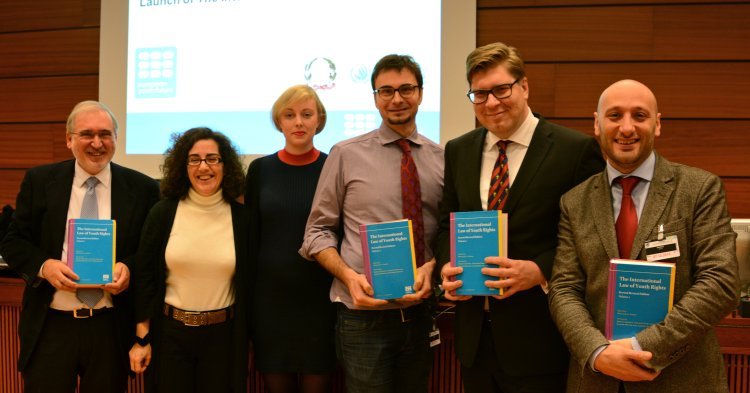
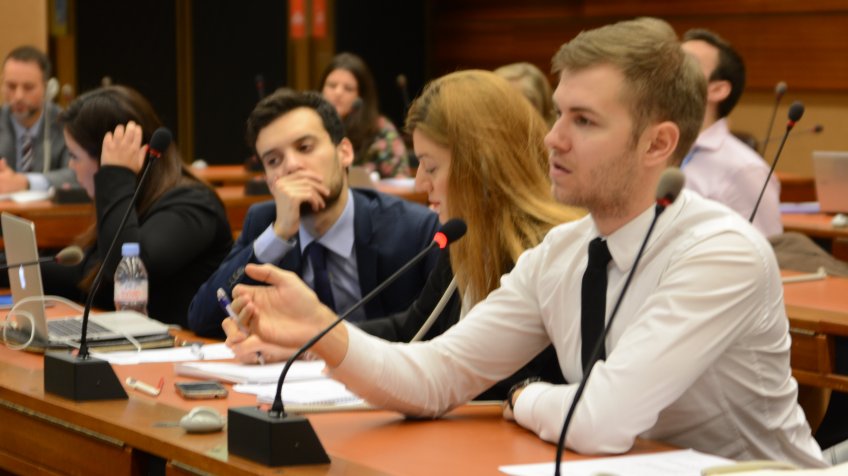
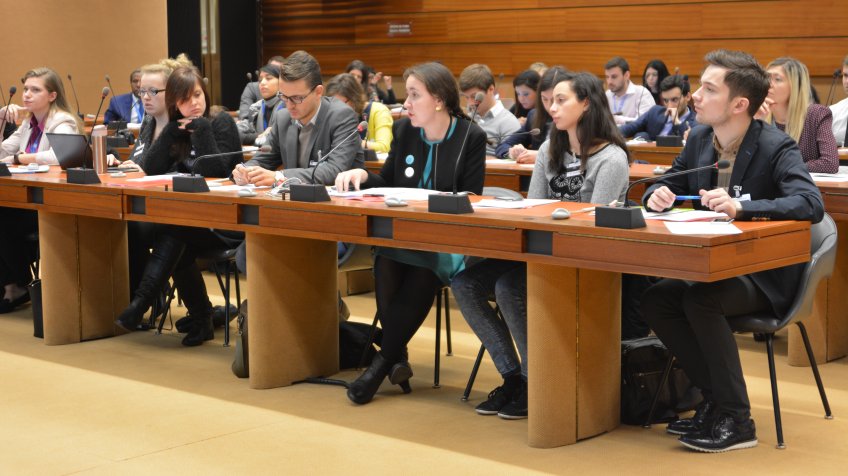
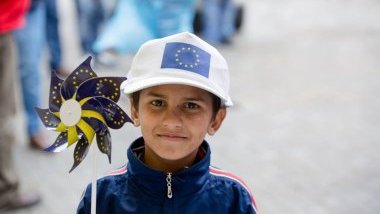
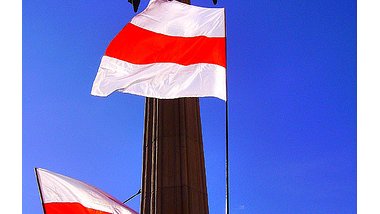
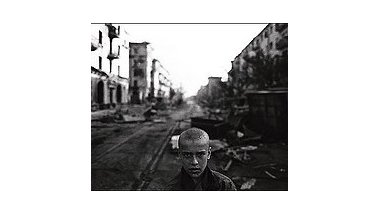
Follow the comments: |
|
